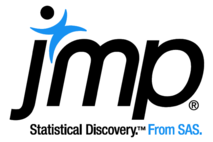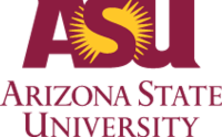QPRC 2016
Carbon Nanotube Growth using Automated Response Surface Methods
Raymond R. Hill, Brian B. Stone, and William Adorno
Air Force Institute of Technology
Abstract
Advances in hardware and software technology have led to the development of automated research systems. The Air Force Research Laboratory (AFRL) utilizes the Adaptive Rapid Experimentation and Spectroscopy (ARES) system to synthesize carbon nanotubes. The AFRL researchers are investigating different approaches that can improve the experimental capability of ARES from automation to autonomy. Carbon nanotubes are discussed as an emerging technology for many applications, but AFRL has yet to discover what factors optimize the nanotube initial growth rate. In this study, experimental planning software was written for ARES that autonomously designs and executes experiments based on the Response Surface Methodology (RSM). RSM is a statistically-based method of sequentially planning experiments to find the optimal settings of independent variables that optimize the value of a dependent response variable. This thesis discusses the development and early success of the initial version of the planning software. As this is a relatively new research area spurred by recent advancements in materials research technology, detailed discussion is also provided on the unique challenges of creating autonomous research robots.





